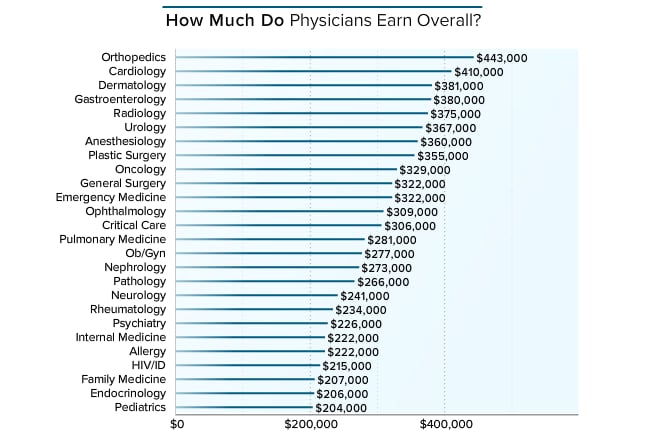- Joined
- Jul 20, 2016
- Messages
- 51
- Reaction score
- 7
Hello everyone! As the title says I am an incoming MS1 that is interested in Anesthesiology. I am going into medical school with an open mind and my interests are certainly subject to change but based on my research I think Anesthesiology would be a good specialty for me.
-I do not mind being unrecognized or not being thought of as the patient's doctor. (I actually hate being the center of attention).
-I think I would enjoy the limited but intense patient interaction. I have volunteered in community clinics for a while and cannot see myself working in a clinic for the rest of my career.
-I have always enjoyed Pharmacology and Physiology and I understand yall are the masters at that. I like the idea of understanding WHY something happens and being able to fix it at the moment, with my own hands, and be able to see the results without waiting for a 6 month follow up.
- I like working with my hands so the procedural aspect is a draw for me as well.
-I like that I would not be tied down by a clinic as I love to travel.
-I am an easy going person unless it comes to work, I tend to be very detail oriented and from what I understand people in this specialty are very relaxed(I need this lol).
-I am not ashamed to say the income and lifestyle(I understand this varies based on where you work and what you make of it) appeal to me as well. With that being said I am a hard worker and do not like to stand around and waste time.
While this is not set in stone, what would be the best way for me to gauge my interest? The reason I ask is if I do go into this specialty I would like to build a good application and try to compete for a top residency so I would like to start from 1st year pursuing research that would make me competitive. I don't wait to wait until M4 to do a rotation so is shadowing an Anesthesiologist a good way to move forward at this point?
I've read about the doom and gloom of mid-level creep which is a bit concerning, but would be interested in doing a fellowship for sure, not only for greater job security but greater income as well. How do yall feel about where the field is going in the next 10-15 years(I'm sure this is hard to predict)?
Is there anything you would tell your M1 self after all of the experience you've had?
Thank you so much for reading I know it's a bit long
-I do not mind being unrecognized or not being thought of as the patient's doctor. (I actually hate being the center of attention).
-I think I would enjoy the limited but intense patient interaction. I have volunteered in community clinics for a while and cannot see myself working in a clinic for the rest of my career.
-I have always enjoyed Pharmacology and Physiology and I understand yall are the masters at that. I like the idea of understanding WHY something happens and being able to fix it at the moment, with my own hands, and be able to see the results without waiting for a 6 month follow up.
- I like working with my hands so the procedural aspect is a draw for me as well.
-I like that I would not be tied down by a clinic as I love to travel.
-I am an easy going person unless it comes to work, I tend to be very detail oriented and from what I understand people in this specialty are very relaxed(I need this lol).
-I am not ashamed to say the income and lifestyle(I understand this varies based on where you work and what you make of it) appeal to me as well. With that being said I am a hard worker and do not like to stand around and waste time.
While this is not set in stone, what would be the best way for me to gauge my interest? The reason I ask is if I do go into this specialty I would like to build a good application and try to compete for a top residency so I would like to start from 1st year pursuing research that would make me competitive. I don't wait to wait until M4 to do a rotation so is shadowing an Anesthesiologist a good way to move forward at this point?
I've read about the doom and gloom of mid-level creep which is a bit concerning, but would be interested in doing a fellowship for sure, not only for greater job security but greater income as well. How do yall feel about where the field is going in the next 10-15 years(I'm sure this is hard to predict)?
Is there anything you would tell your M1 self after all of the experience you've had?
Thank you so much for reading I know it's a bit long


